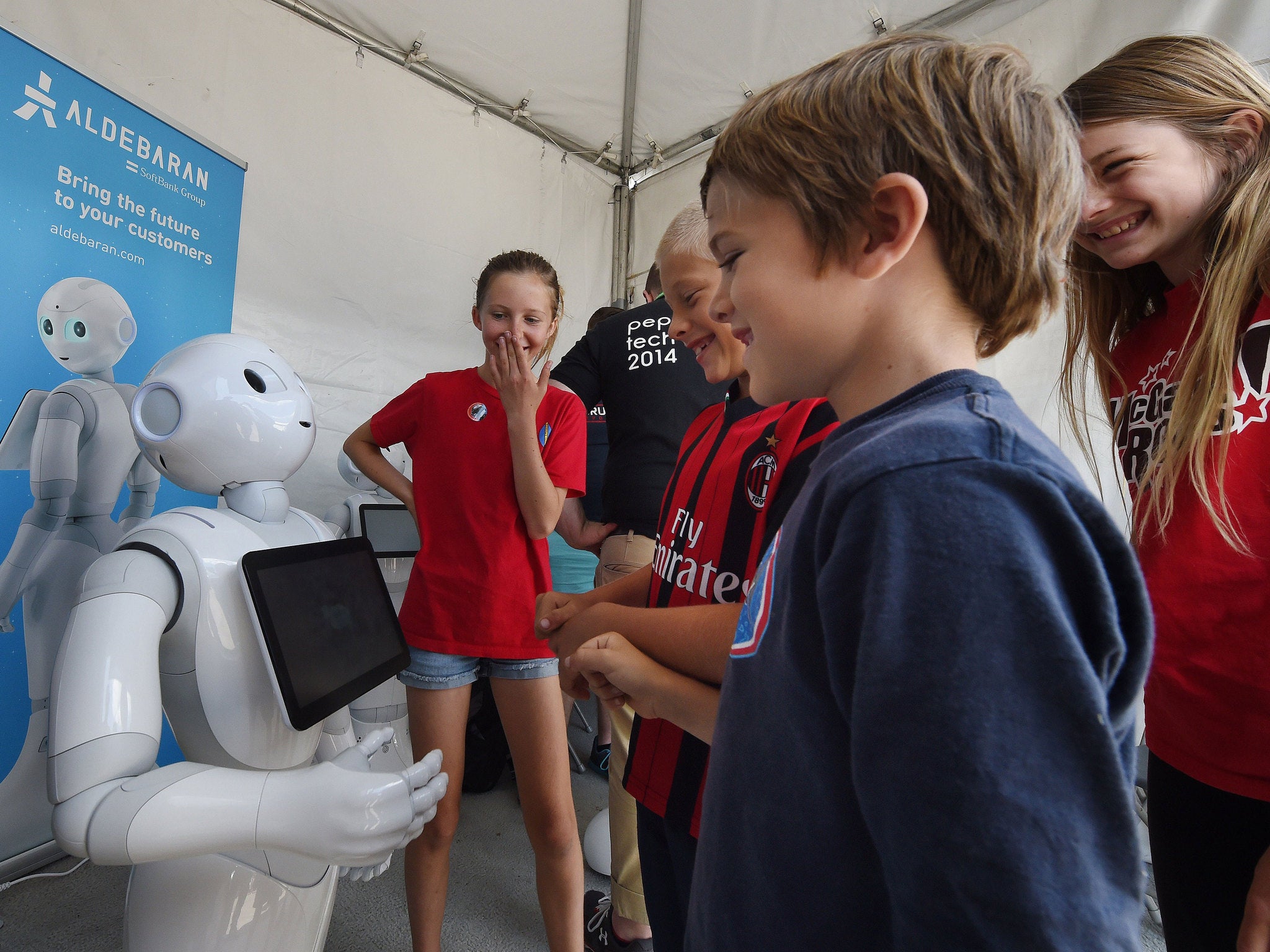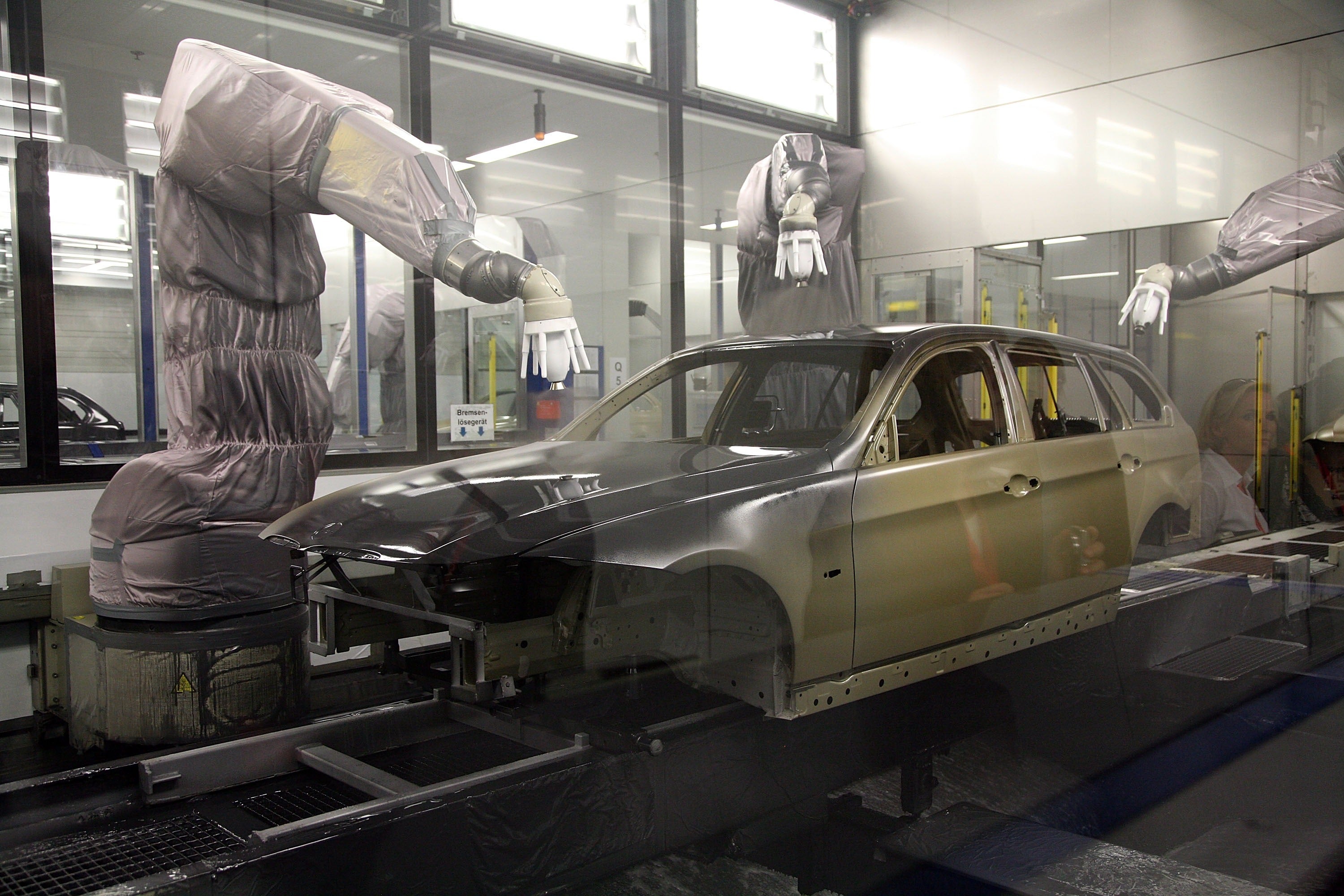60% of students are chasing jobs that may be rendered obsolete by technology, report finds
Many of the jobs that young people are training for could vanish completely in 10 to 15 years

Your support helps us to tell the story
From reproductive rights to climate change to Big Tech, The Independent is on the ground when the story is developing. Whether it's investigating the financials of Elon Musk's pro-Trump PAC or producing our latest documentary, 'The A Word', which shines a light on the American women fighting for reproductive rights, we know how important it is to parse out the facts from the messaging.
At such a critical moment in US history, we need reporters on the ground. Your donation allows us to keep sending journalists to speak to both sides of the story.
The Independent is trusted by Americans across the entire political spectrum. And unlike many other quality news outlets, we choose not to lock Americans out of our reporting and analysis with paywalls. We believe quality journalism should be available to everyone, paid for by those who can afford it.
Your support makes all the difference.More than half of students are chasing careers that will be made obsolete by advances in technology and automation, according to a report by the Foundation for Young Australians (FYA).
The report, entitled The New Work Order, makes recommendations to ensure that Australia's young people are being trained for the future of work, not for the 'traditional' model of employment.
In a worrying finding, the report states that 70 per cent of young people currently enter the workforce in jobs that will be "radically affected by automation". 60 per cent are being trained in jobs that will experience similar levels of change, which could occur within 10 to 15 years.
The CEO of FYA, Jan Owen, said that while the unemployment and underemployment rate for young people in Australia is already around 30 per cent, the chances of getting a foothold in the labour market are going to keep shrinking.
She said: "Our report found nearly 60 per cent of Australian students are currently studying or training for occupations where at least two thirds of jobs will be automated over the coming decades."
"Many of the jobs they are studying could vanish in 10 to 15 years' time."
The report also states that they way we work will change - further automation, globalisation and more collaborative and open careers could help lower the barriers to work, and make our working lives more flexible and less regimented.
However, these changes could also lead to rises in unemployment, inequality, and job insecurity.

The report recommends that more focus on digital skills and entrepreneurship is needed for young people, and adds that lowering taxes for lower-income workers and giving more rights to freelance workers could help prepare Australia's economy and society for the working landscape of the future.
Last year, a report by Oxford professors Carl Benedikt Frey and Michael Osborne found that a third of all jobs in the UK could be rendered obsolete by robotics and computing within the next 20 years.
Secretarial, administrative and cashier jobs have already been damaged by advances in automation and computing, and it is thought that many jobs in insurance and certain manual jobs could be at significant risk of being automated.
Join our commenting forum
Join thought-provoking conversations, follow other Independent readers and see their replies
Comments